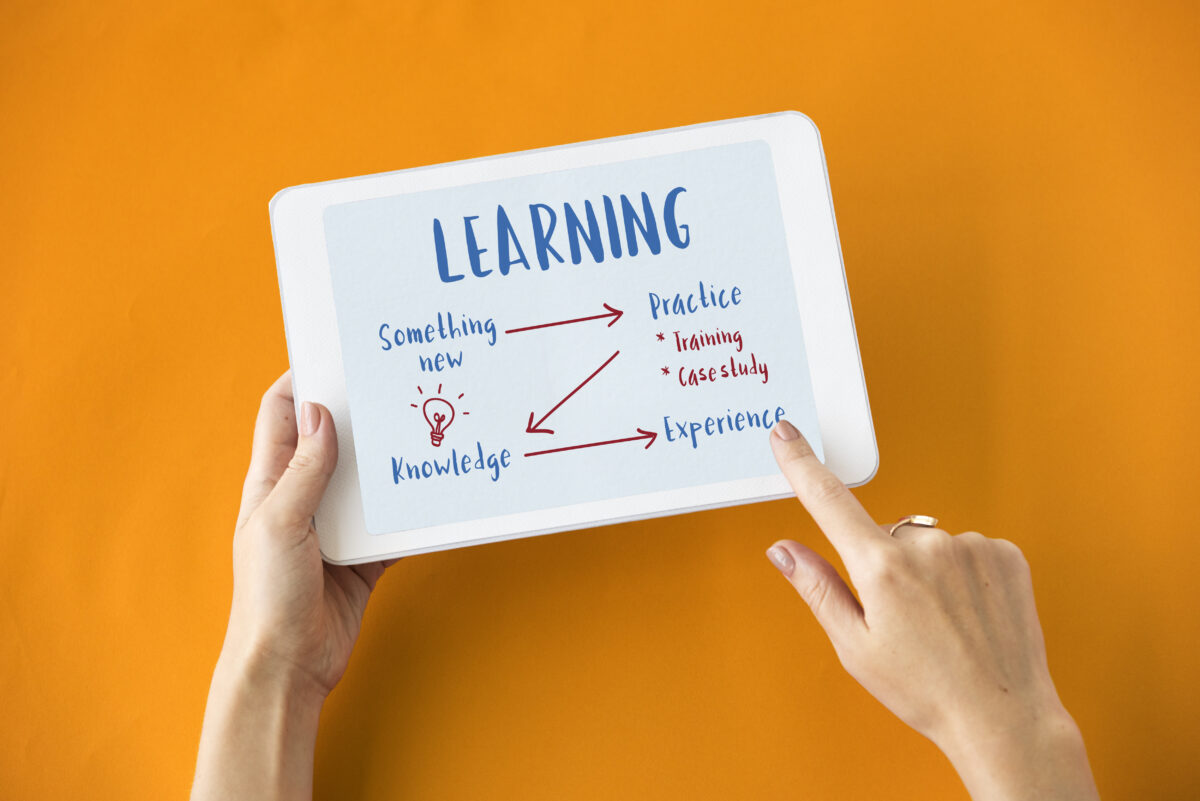
Fragmented Learning Systems: The Right Choice for Personalized, Effective, and Accurate Learning
Do you remember the famous quote “Data is the new oil”? Well, let’s really break it down and contextualize it for modern organizations – data, just like oil, isn’t very useful in its raw state. It needs refining and processing to turn into something valuable. Makes more sense now, doesn’t it? Now, let’s shift our focus back to data in the modern world.
In most organizations, data is scattered across departments, systems, and platforms. Creating an effective learning program through Learning Management Systems requires collecting, organizing, and integrating this data – a time-consuming and error-prone task if done manually. Enter fragmented learning systems — an indispensable role in today’s Learning Management Systems (LMS). By carefully collecting, organizing, and integrating data, it pieces together an efficient course management and development process that boosts learner engagement and productivity. Plus, adding a touch of personalization taps into the full potential of data reserves, delivering customized learning experiences that truly empower employees. It aims to have tailor-made learning at your fingertips!
Adeptus recently developed such a platform for a client, centralizing content from multiple functions of the client organization (Marketing, Finance, and HR). It incorporates sections categorized by relevant factors. To personalize the learning experience, the platform asked users to log in with their basic information like name, job position, and location. This data allowed the platform to automatically suggest personalized courses and content tailored to each learner’s needs. Result? The platform suggested the learners only 5 courses (instead of 50) that were the most relevant to them. Additionally, the platform empowered the talent team to curate courses based on specific learner requirements for specific job roles. For instance, under the “Foundational Leadership Skills” feature, learners could access courses on relationship building, change navigation, management, and much more. This curated content enabled learners to efficiently access relevant information without having to sift through massive volumes of data.
To summarize, the fragmented learning systems in the program effectively collated, curated, structured, and presented content to learners. Each step fed the next – collation led to curation, which in turn enabled proper structuring, resulting in a highly presentable and effective learning experience.
By embracing fragmented learning systems, the platform delivered seamless, personalized learning, empowering learner growth. The cohesive structure made valuable content readily available, fostering continuous learning. The talent team became more efficient, meeting learners’ needs, while learners enjoyed an enriched journey. Automation, aggregation, curation, and personalization made the content easily consumable.
How are you leveraging fragmented learning in your organization? Let us know in the comments!
Adeptus offers technology advisory services and innovative solutions to businesses that are looking to embrace emerging technologies. Learn more about us and see all the exciting projects we’ve done so far. We can also be reached at connect@adeptustech.com.
Authors: @PravinKulange and @AmitKaveeshwar
